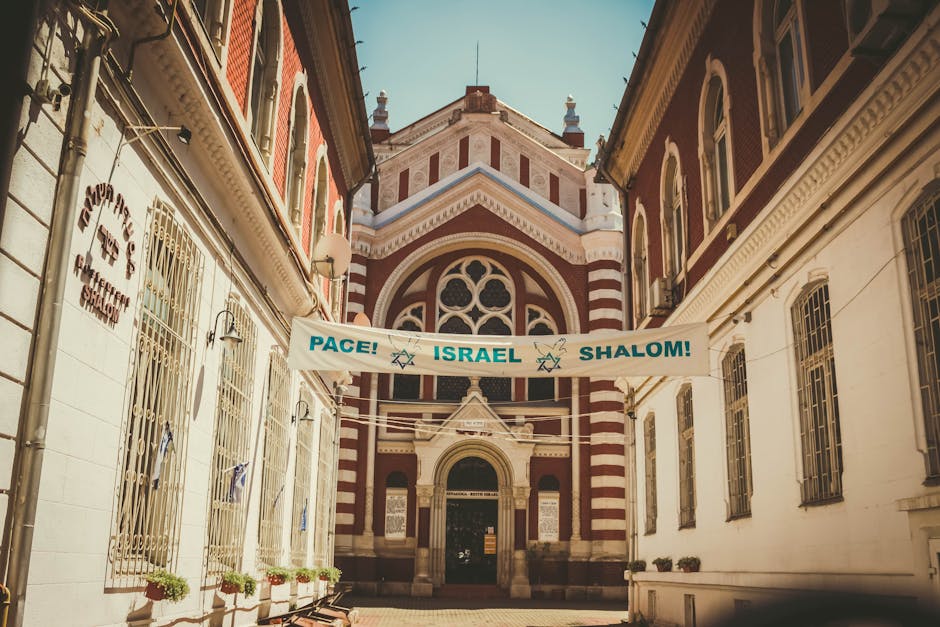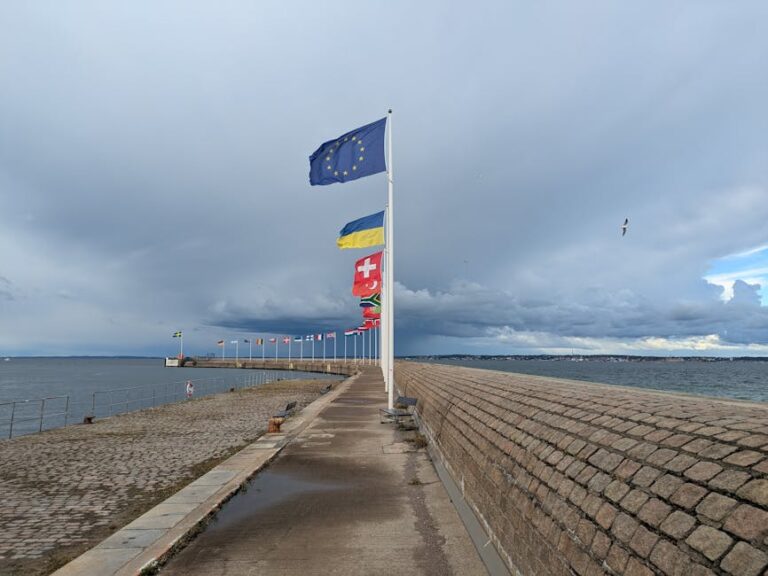Jerusalem — Israel is grappling with growing societal divisions as ultra-Orthodox men face military conscription. This mandate challenges long-held exemptions and fuels political instability.
The ongoing conflict has intensified scrutiny of the ultra-Orthodox community’s military service. For decades, a significant portion of Haredi men have been exempt. This exemption is based on religious study.
This status quo is increasingly untenable for many Israelis. They see it as unfair during wartime. Soldiers are actively fighting and dying on multiple fronts.
Prime Minister Benjamin Netanyahu’s coalition government faces immense pressure. The ultra-Orthodox parties, key allies, are vehemently opposed to the draft. Their opposition threatens the government’s stability.
Demonstrations have erupted in several cities. Ultra-Orthodox protesters have clashed with police. They express deep anger over the conscription efforts.
The debate centers on national duty and religious values. Proponents of conscription argue for shared sacrifice. Opponents emphasize the sanctity of Torah study.
Shared Burden Strains Alliances
The current situation places extreme strain on Israel’s security apparatus. Military recruitment needs are critical. This demand is forcing a confrontation with long-standing societal agreements.
Recent court rulings have questioned the legality of extensive exemptions. These decisions have further emboldened those seeking change. They highlight the need for a more equitable system.
Ultra-Orthodox leaders have warned of severe consequences. They suggest mass protests and political upheaval if conscription is enforced. Their rhetoric signals a deepening schism.
The economic implications are also significant. A large segment of the Haredi population remains outside the mainstream workforce. Military service could impact this dynamic.
Families in the ultra-Orthodox community express fear. They worry about their sons being forced into a secular military. This prospect conflicts with their religious upbringing.
Conversations within the community are complex. Some younger Haredi men express a willingness to serve. They are inspired by the national mood.
However, the dominant narrative remains one of resistance. This is fueled by deeply ingrained religious and communal beliefs. They see the draft as an existential threat.
Negotiations between government factions are ongoing. The ultra-Orthodox parties are demanding concessions. They seek to preserve their community’s way of life.
The military high command has remained largely silent. They are navigating a politically sensitive issue. Their focus is on operational needs.
Coalition Fragility Grows
The political fallout from the draft issue is profound. It exposes deep societal fault lines that have long existed. The war has brought these to the forefront.
Netanyahu is attempting to balance competing demands. He must appease his ultra-Orthodox partners. He also needs to address public opinion.
Failure to resolve the issue could lead to early elections. This would further destabilize the country. The war effort could be undermined.
The legal framework surrounding military exemptions is under review. The Supreme Court plays a crucial role. Its decisions carry significant weight.
Secular Israelis often view the exemptions as a privilege. They feel it unfairly burdens others. This sentiment is particularly strong now.
The ultra-Orthodox community is diverse. Not all within it share the same views. However, leadership remains firmly entrenched in opposition.
“The core of the dispute lies in competing definitions of national service and societal contribution. One side emphasizes military defense, the other religious scholarship as essential to Jewish continuity.”
The war has created an urgent need for personnel. Every available individual is being assessed. This includes those previously exempt.
The government’s ability to enforce conscription is uncertain. It faces significant political and social resistance. The outcome remains highly unpredictable.
The military’s operational capacity is directly impacted. Manpower shortages could hinder effectiveness. This is a growing concern for defense officials.
Public discourse on the matter is highly charged. Social media platforms are filled with debates. Emotions are running high on all sides.
The international community watches closely. They view the internal Israeli dynamics. This impacts regional perceptions.
The ultra-Orthodox parties wield considerable influence. They are critical to Netanyahu’s parliamentary majority. This gives them significant bargaining power.
This deepening crisis risks fracturing the governing coalition. Resolving the ultra-Orthodox draft issue will require substantial compromise and will shape Israel’s social contract for years to come. A preliminary government response is expected within weeks.




